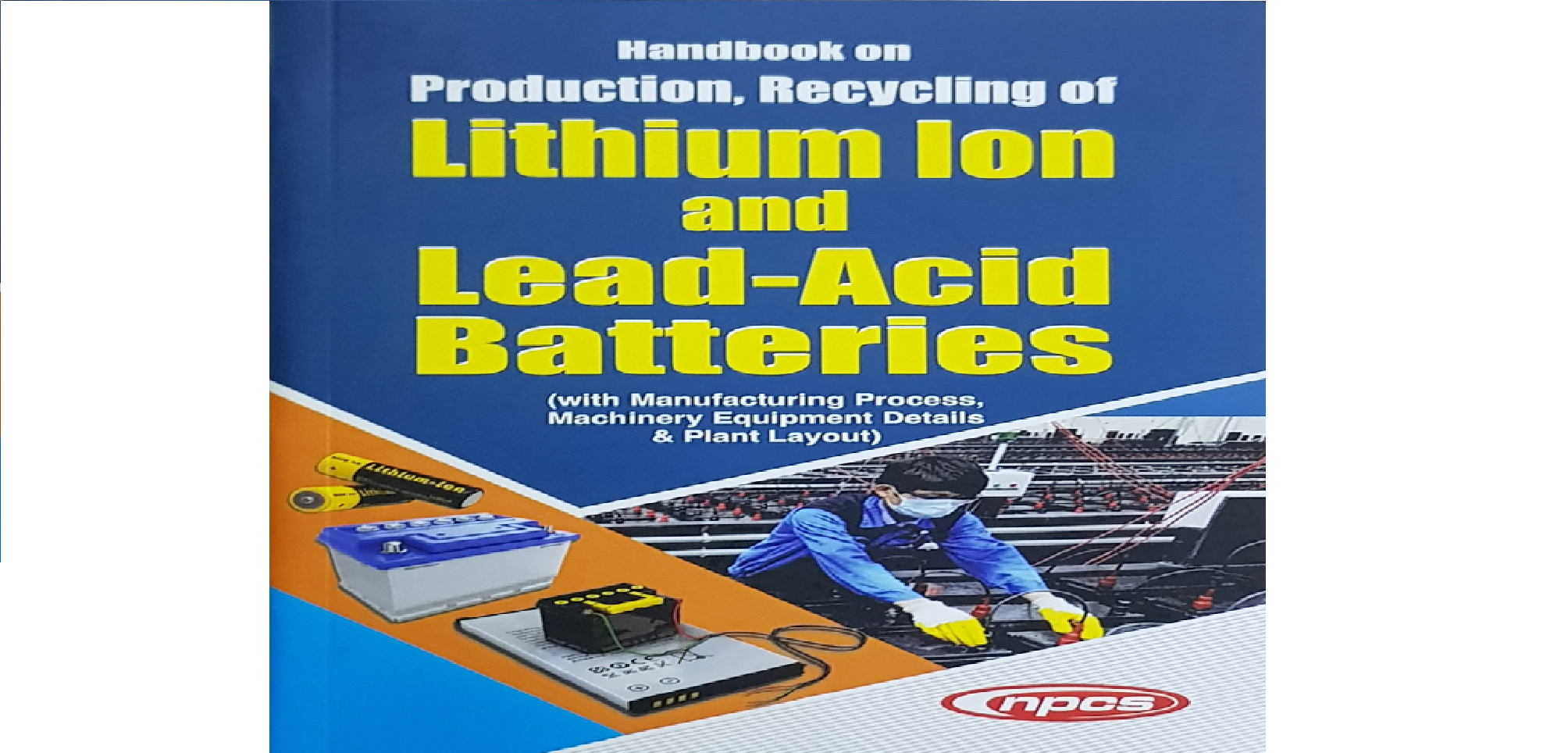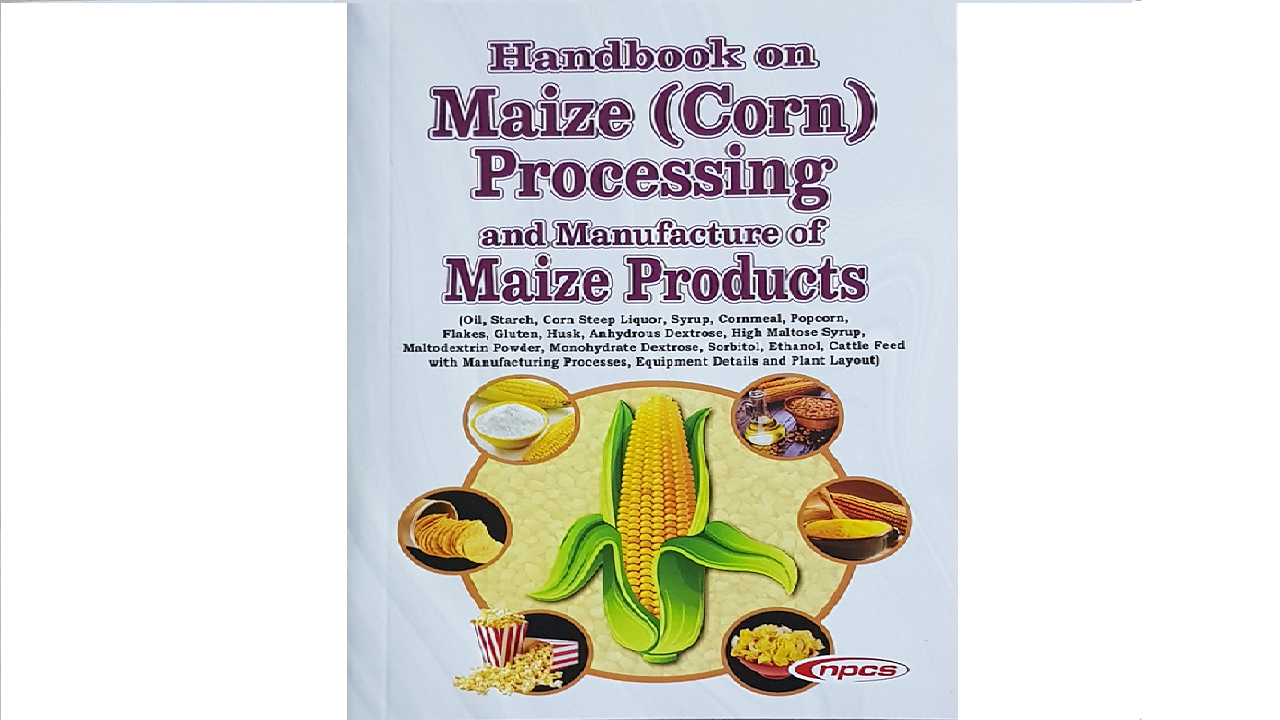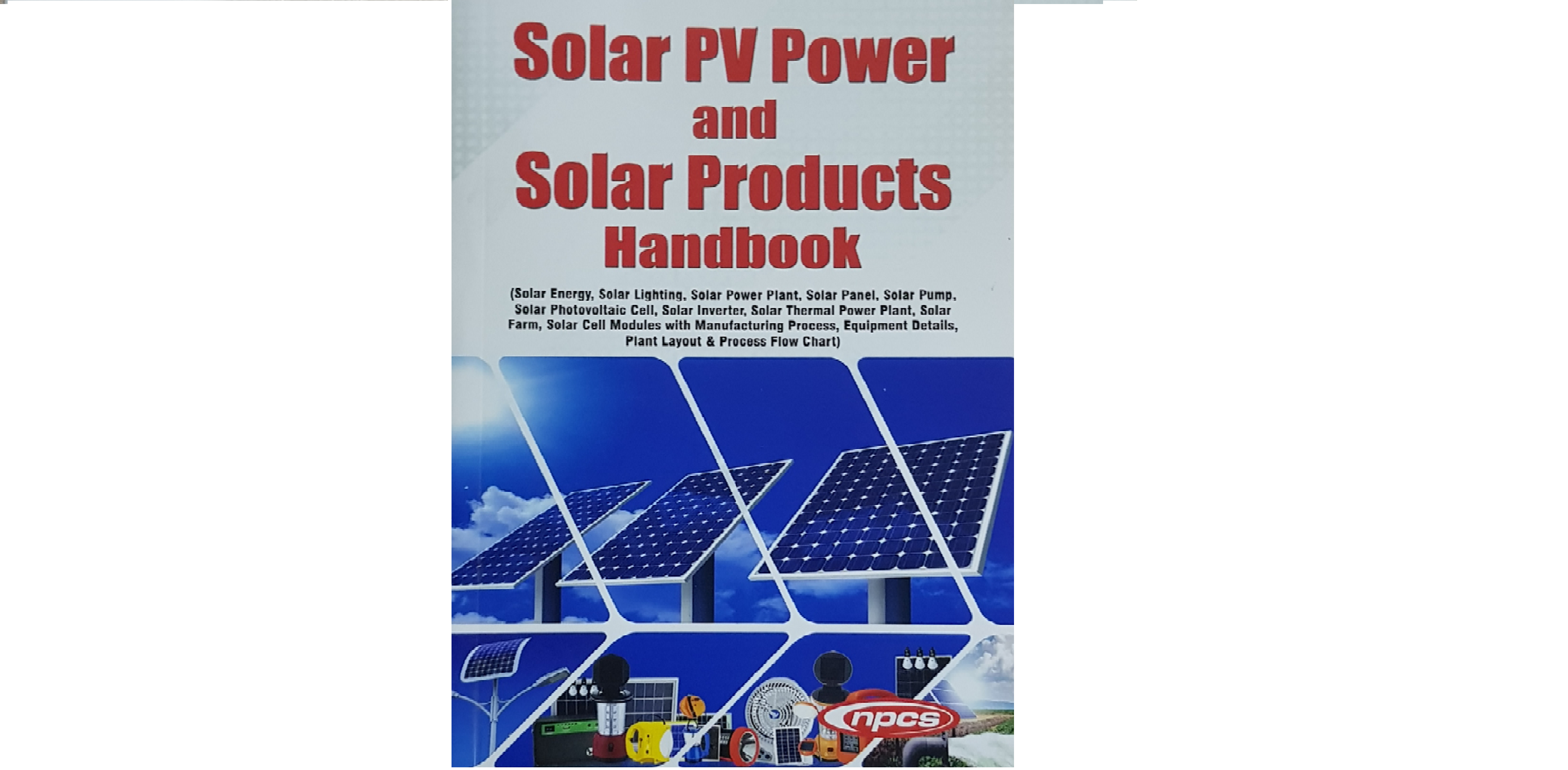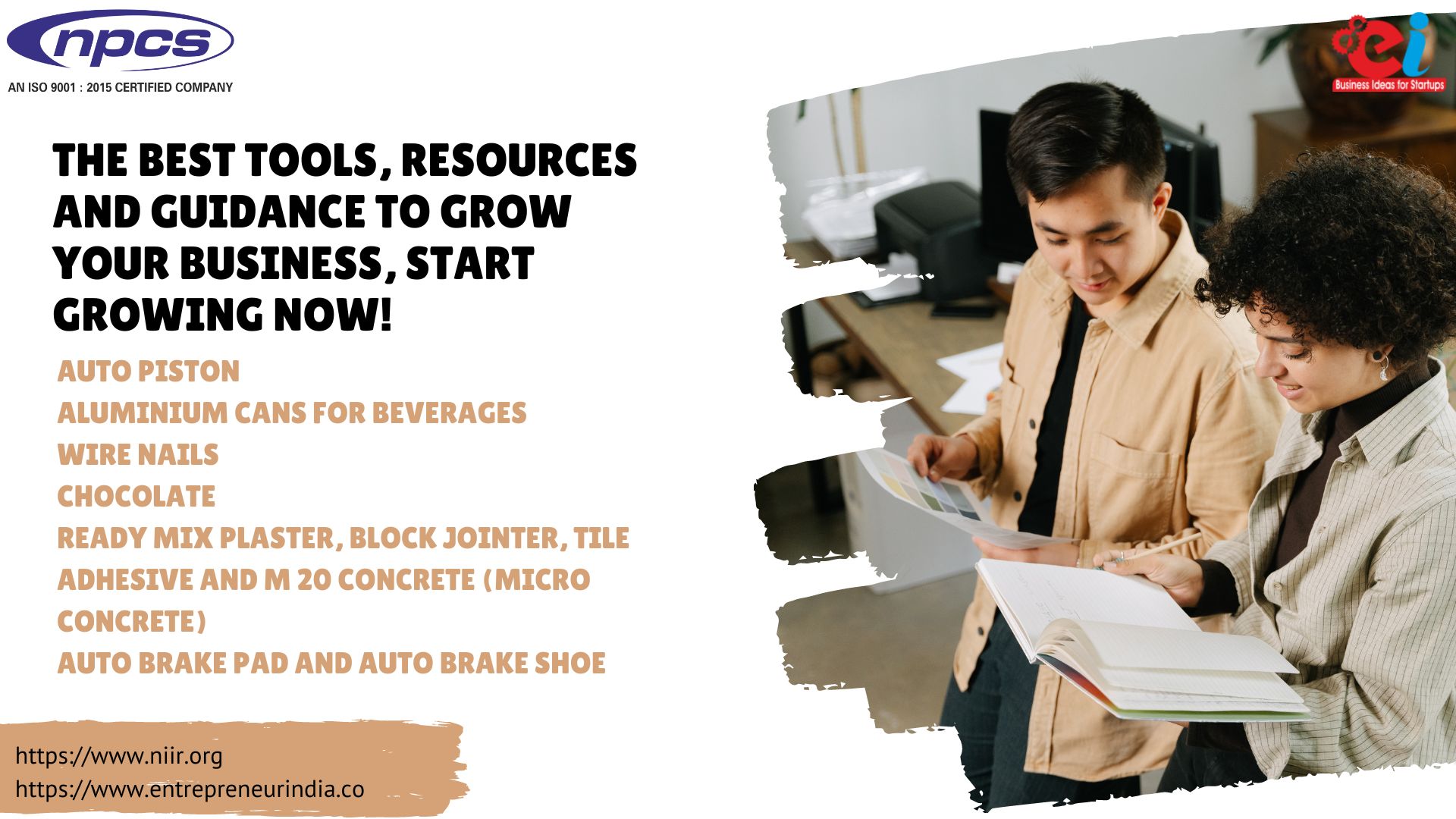Lithium-ion batteries (LIBs) and lead-acid batteries (LABs) are currently one of the most important electrochemical energy storage technologies, powering both electric vehicles and electronic mobile devices. There is a considerable difference between their rates of production and recycling, though.
Only a small percentage of LIBs and LABs receive any recycling treatment towards the end of their lifecycle, with the majority ending up in landfills or being stockpiled in homes. The only elements of high value that experience losses because of the successive LIB and LAB recycling processes are Co, Cu, Fe, and Al.
New LIB and LAB recycling systems are proposed that concentrate on a wider spectrum of compounds, minimizing the environmental effect associated with LIB and LAB synthesis. This is due to the improving quality of concepts like “circular economy” (CE).
With the help of “The handbook on Production, Recycling of Lithium Ion and Lead-Acid Batteries,” you will be able to comprehend the full notion of the battery industry. There are various important factors, including as manufacture, recycling, etc., that one must understand to fully comprehend lithium-ion and lead-acid batteries.
Visit this Page for More Information: Start a Business in Lithium-Ion Battery Production
The information in the book will be helpful for businesses that are starting new production units, for people who need to expand their current business operations in the lithium-ion or lead-acid battery production or recycling business, or for people who are already operating one of those operations.
A thorough overview of the technical procedures involved in lead-acid and lithium-ion battery production and how they affect performance characteristics is provided in the ” Handbook on Production, Recycling of Lithium Ion and Lead-Acid Batteries ” Edition. The book provides an overview of the most recent knowledge on the manufacturing of lead-acid batteries and lithium-ion batteries, presenting it in the manner of an integral theory and supported by a wealth of experimental data that enables scientists and engineers to oversee technological processes in battery plants.
It offers useful information on every crucial factor connected to the lead-acid battery and lithium-ion sectors. It also offers a process flow diagram (PFD) for each type of battery, which is helpful for any business planning to set up a new plant or increase the size of its current activities. It contains all information, including the layout of the plant, the raw materials used, and the machinery and equipment required, so that businesses can use it when starting their factories.
Related Business Plan: Recycling of Lithium Ion Battery Business
Along with process flow diagrams, a very good overview of all user processes has also been provided. A brief history of each kind’s development has also been given, along with information on how well-known it is in various countries. It is beneficial for anyone interested in learning a lot about the lead-acid battery and lithium-ion industries.
About the Author
The Handbook on Production, Recycling of Lithium Ion and Lead-Acid Batteries (with Manufacturing Process, Machinery Equipment Details & Plant Layout) is written by P.K. Tripathi. As an author, he has done immense research on the battery sector to come up with this useful handbook for entrepreneurs and researchers. As a writer, P.K. Tripathi has written various informational guides which has helped many entrepreneurs in their start-ups. This 544-page book is only for Rs. 2,995.00 (US$ 80.95). along with the recycling and production process, readers can also understand the growing market in India and globally.
Read Similar Articles: LITHIUM ION BATTERY
Global Market
The size of the global lithium-ion battery market, estimated at USD 41.97 billion in 2021, is expected to increase at a compound annual growth rate (CAGR) of 18.1% from 2022 to 2030. Because of the growing popularity of electrical vehicles, the electric vehicle industry is expected to experience significant growth.
The market for lead acid batteries was worth more than USD 80 billion in 2021, and from 2022 to 2030, it is expected to grow at a CAGR of more than 2.5%. Expanding data centres and increasing investment in enterprise cloud computing will accelerate the growth of the sector.
Industries are forced to use lithium-ion and lead-acid batteries because of strict government guidelines imposed to monitor stormy pollution periods. The power business is under pressure to produce renewable energy and store it for later use. Furthermore, the use of lithium-ion and lead-acid batteries in smart grid and energy storage systems is being fuelled by their low cost, low self-discharge rate, and small installation area. The product is ideal for use in remote places and thermal management applications since it is very resistant to high temperatures.
One of the main factors that are significantly affecting the demand for lithium-ion and lead-acid batteries is the expanding market for electrical vehicles in Asia Pacific nations like China and India. Due to the growing use of lithium-ion and lead-acid batteries in energy storage systems, consumer electronics, and electrical vehicles, the market in Germany is anticipated to experience inexpensive expansion during 2022-2030. Due to the growth of renewable energies, Germany has become the world’s largest market for energy storage systems.
India’s Market Insight
The market for lead-acid batteries in India was valued at USD 4.86 billion in FY 2020, and it is anticipated to reach USD 8.57 billion by FY2027, registering a CAGR of roughly 9.47% over the forecast period of 2022–2027.
The Indian lithium-ion Battery Market was estimated at US$ 1.91 billion in 2021 and is predicted to reach US$ 5.2 billion in 2029. The Indian lithium-ion battery market is predicted to increase at a CAGR of 15.3% between 2022 and 2027.
Related Feasibility Study Reports: Recycling Of Lithium Ion Battery | Start Your Battery Recycling Business Today
The COVID-19 epidemic had a negligible effect on the lead-acid and lithium-ion battery market in India because end-user industry demand began to increase in the second half of 2020. This was principally made possible by the deficiency filled by the industrial and alternative applications area, which was brought about by the SLI segment’s decreased demand because of the pandemic’s reduced vehicle sales.
Read our Books Here: Handbook on Production, Recycling of Lithium Ion and Lead-Acid Batteries (with Manufacturing Process, Machinery Equipment Details & Plant Layout)
India has seen a rise in local battery production because of the government’s emphasis on e-mobility. By 2030, the Indian government wants to have a fleet of 30% electric vehicles. In addition, the Indian government decreased the goods and services tax (GST) on electric vehicles from 12% to 5% in July 2019. The government gave its approval in March 2019 to the establishment of a National Mission on Transformative Mobility and Battery Storage to advance measures for improving air and property quality through a five-year phased production program (PMP) until 2024.
The country’s lithium-ion and lead-acid battery markets are expected to be driven by the plan to increase the adoption of electric vehicles over time.
Click here to send your queries/Contact Us
Conclusion
This book from NPCS, ” Handbook on Production, Recycling of Lithium Ion and Lead-Acid Batteries,” is a one-stop shop for all the information you need to understand about the battery manufacturing industry, which is full of opportunities for producers, sellers, and business owners. This is the only book that fully discusses production, Lithium Ion, and Lead-Acid recycling and manufacturing process. It is a wonderful book costing 2,995.00 (US$ 80.95), which will be shipped within 5 days of placing the order.
See More Links:
- Start a Business in Asia
- Start a Business in Potential Countries for Doing Business
- Best Industry for Doing Business
- Business Ideas with Low, Medium & High Investment
- Looking for Most Demandable Business Ideas for Startups
- Startup Consulting Services
- Start a Business in Africa
- Start a Business in India
- Start a Business in Middle East
- Related Videos
- Related Books
- Related Projects
- Related Market Research Reports
𝐂𝐨𝐧𝐭𝐚𝐜𝐭 𝐮𝐬
NIIR PROJECT CONSULTANCY SERVICES, DELHI
An ISO 9001:2015 Company
ENTREPRENEUR INDIA
106-E, Kamla Nagar, Opp. Mall ST,
New Delhi-110007, India.
Email: [email protected]
Tel: +91-11-23843955, 23845654, 23845886
Mobile: +91-9097075054, 8800733955
Website: https://www.entrepreneurindia.co
DPP_20Art22





